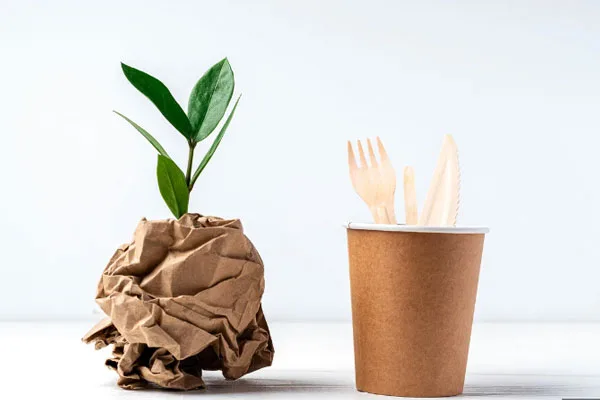Plastic injection molding is experiencing a rapid and continuous evolution, driven by groundbreaking technological innovations, increased environmental awareness, and increasing demand for highly accurate and functional components. In 2025 , the industry is witnessing the realization of many emerging trends. These advances focus on making manufacturing more sustainable through the adoption of eco-friendly materials and energy-efficient processes, while also pushing the boundaries of automation, micro-precision manufacturing and the integration of smart technologies.
Advanced Materials and Bio-Based Plastics
One of the most significant developments in injection molding is the rise of advanced and bio-based materials. Manufacturers are increasingly adopting sustainable plastics, such as biodegradable ones derived from renewable resources, to meet tightening environmental regulations and consumer expectations for eco-friendly products. These materials not only reduce the carbon footprint, but also open up new possibilities for biodegradable packaging, medical devices and consumer goods.
In addition to sustainability, high-performance polymers like PAEK (Polyaryletherketone) and reinforced thermoplastics are gaining popularity. These materials provide exceptional strength, heat resistance and chemical stability, enabling the production of durable components for demanding applications across the automotive, aerospace and electronics sectors.
Smart and Functional Molding
The integration of smart features into molded parts is transforming traditional manufacturing. By embedding conductive fillers, sensors or RFID tags during the molding process, manufacturers can create components with enhanced capabilities such as conductivity, data storage or environmental sensing.
This trend paves the way for multi-functional products that combine structural integrity with added features such as health monitoring in medical implants or embedded electronics in consumer electronics. The ability to produce such smart and functional parts is expanding the horizons of what injection molding can achieve, making products smarter and more responsive.

Biodegradable products
Automation and Industry 4.0
Automation is at the heart of Industry 4.0, revolutionizing plastic injection molding through robotics, intelligent machines and interconnected systems. Automated handling and inspection reduces labor costs, improves consistency, and enhances productivity.
IoT-enabled sensors allow real-time monitoring of machines and processes, facilitating predictive maintenance and minimizing downtime. Data analytics and machine learning algorithms optimize production parameters, leading to higher quality and efficiency. As a result, manufacturers can respond more quickly to market demands, reduce waste and achieve greater operational flexibility.
Micro and Precision Molding
Advances in microinjection molding are enabling the production of extremely small, intricate, high-precision parts. The technology is crucial for industries such as medical devices, electronics and micro-mechanics, where tiny components with tight tolerances are essential.
Precision molding techniques now allow the replication of complex microstructures with exceptional accuracy, supporting innovations in wearable technologies, microfluidics, and advanced sensors. The combination of new tooling materials and precise process control ensures that micro molding remains a vital growth area.
Energy-Efficient and Eco-Friendly Processes
Sustainability is a central focus in modern injection molding. Efficient machines, such as hybrid and all-electric presses, consume significantly less power than traditional hydraulic systems, reducing operational costs and environmental impact.
In addition, the industry is embracing the principles of the circular economy by using recycled plastics, designing components for easier recycling and adopting closed-loop processes. These eco-friendly initiatives not only meet regulatory requirements but also appeal to environmentally conscious consumers, aligning economic and ecological benefits.
Conclusion
The future of plastic injection molding is marked by innovation across materials, processes and technologies. From sustainable bio-based plastics and smart features to automation, micro-precision and energy efficiency, these trends are set to redefine manufacturing capabilities. Embracing these advances will enable companies to produce smarter, greener and more sophisticated products, positioning them at the forefront of industry evolution in 2025 and beyond.
